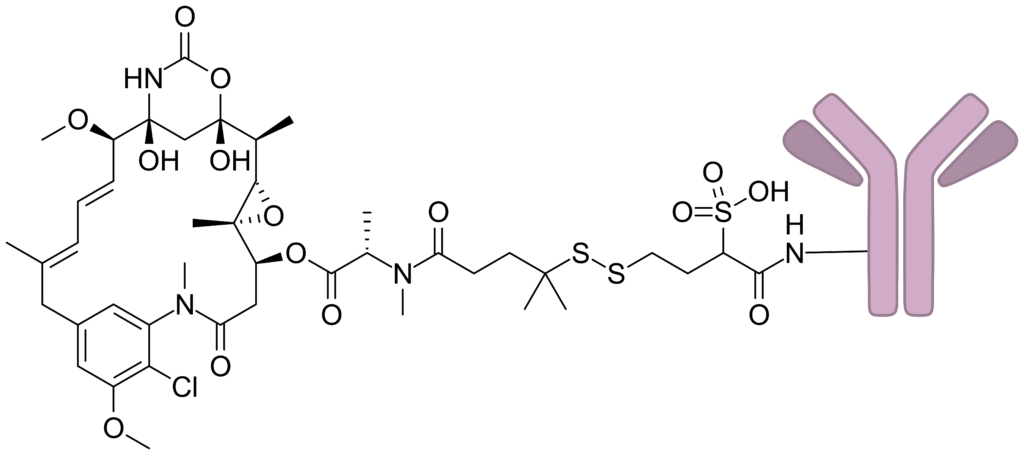Dec 2022: Olutasidenib (Rezlidhia) capsules were approved by the Food and Drug Administration (FDA) for adult patients with relapsed or resistant acute myeloid leukaemia (AML) who have a susceptible IDH1 mutation as identified by an FDA-approved test.
The Abbott RealTime IDH1 Assay was just given FDA approval to help doctors choose patients to receive olutasidenib.
Study 2102-HEM-101 (NCT02719574), an open-label, single-arm, multicenter clinical trial involving 147 adult patients who had relapsed or refractory AML and an IDH1 mutation validated by the aforementioned assay, served as the foundation for the approval. Up until the onset of the disease, the occurrence of intolerable toxicity, or a hematopoietic stem cell transplant, olutasidenib was administered orally, 150 mg twice daily. The typical length of treatment was 4.7 months (range: 0.1 – 26 months). Following olutasidenib treatment, sixteen patients (11%) had hematopoietic stem cell transplantation.
The rate of complete remission (CR) plus complete remission with partial hematologic recovery (CRh), the length of CR+CRh, and the rate of transition from dependence on transfusions to independence were used to determine efficacy. The CR+CRh rate, which includes 32% CR and 2.7% CRh, was 35% (95% confidence interval [CI]: 27%, 43%). In the range of 0.9 to 5.6 months, the median time to CR+CRh was 1.9 months, and the median time to CR+CRh itself was 25.9 months (95% CI: 13.5 months, not attained).
During any 56-day post-baseline period, 29 (34%) of the 86 patients who were dependent on red blood cell (RBC) and/or platelet transfusions at baseline were no longer dependent. 39 (64%) of the 61 patients who were transfusion-free for both RBC and platelet transfusions at baseline continued to be so for any 56-day post-baseline period.
Nausea, fatigue/malaise, arthralgia, constipation, leukocytosis, dyspnea, fever, rash, mucositis, diarrhoea, and transaminitis were the most frequent side effects (20%). A Boxed Warning in the prescribing instructions warns patients and medical professionals about the possibility of the potentially deadly differentiation syndrome.
Up until illness progression or intolerable toxicity, 150 mg of olutasidenib should be given orally twice daily on an empty stomach (at least 1 hour before or 2 hours after a meal). Treatment is advised for at least 6 months to allow for a clinical response in patients whose disease has not progressed or who have not had significant toxicity.
View full prescribing information for Rezlidhia


